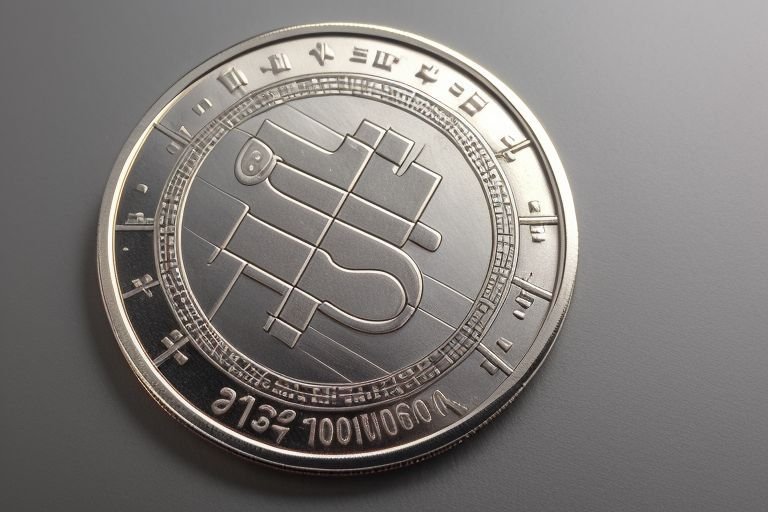Alibaba Group Holdings Ltd. has made a surprising about-face, announcing the cancellation of its plans to spin off its cloud computing arm due to heightened tensions in the ongoing chip war between the United States and China. This decision sent shockwaves through the tech industry and financial markets, resulting in a nearly 10% drop in Alibaba’s stock value in Hong Kong, translating to approximately $20 billion in market capitalization.
The Chinese tech giant cited concerns over recent U.S. controls on chip exports to China as the primary reason for abandoning the spin-off. In a statement released on Thursday, Alibaba expressed its worries that the new U.S. restrictions could have a significant adverse impact on the Cloud Intelligence Group’s ability to operate and its overall profitability. Furthermore, these uncertainties cast doubt on the feasibility of pursuing a separate listing for shareholders.
“We will focus on developing a sustainable growth model for Cloud Intelligence Group under the fluid circumstances,” Alibaba stated. “These new restrictions may also affect our businesses more generally by limiting our ability to upgrade our technological capabilities.”
This sudden change in direction is a stark departure from Alibaba’s previous commitment, made as recently as September, to list its cloud unit as an independent company. However, the escalating chip war between the United States and China has compelled the company to reconsider its strategy.
The U.S.-China chip war, now in its second year, centers on China’s access to advanced semiconductors, materials, and equipment necessary for producing various high-tech products, including smartphones, medical equipment, and electric vehicles. Last month, the U.S. government imposed additional export controls, further restricting the types of semiconductors American companies can sell to China.
During recent talks with U.S. President Joe Biden, Chinese President Xi Jinping characterized these restrictions as “technological containment.” In response, President Biden asserted that the United States would not provide technology to China that could be potentially used against U.S. interests, particularly by the Chinese military.
In a reciprocal move, China has imposed its own limitations. In August, it placed restrictions on the exports of gallium and germanium, two crucial elements in semiconductor manufacturing. Shortly after the latest U.S. chip restrictions were announced, Beijing revealed plans to restrict graphite exports, a mineral essential for making batteries used in electric vehicles.
However, amidst these challenges, there were signs of improved relations between the two economic giants during President Xi’s visit to the United States. President Biden referred to their discussions as “some of the most constructive and productive” and stated that both leaders agreed to maintain open communication during periods of disagreement.
In a meeting with American business leaders, including Apple CEO Tim Cook and Tesla CEO Elon Musk, President Xi conveyed China’s willingness to be a “partner and a friend.” He emphasized the importance of avoiding a zero-sum game and instead advocated for increased cooperation and people-to-people exchanges.
This shift in tone occurred against a backdrop of declining foreign investment in China, a deepening property crisis, and sluggish consumer spending.
Alibaba, founded by billionaire Jack Ma 25 years ago, is currently undergoing a significant corporate restructuring. Originally, the company planned to create six separate units, each with its own CEO and board. However, Alibaba announced on Thursday that it would pause plans to list its supermarket chain, Freshippo, in order to evaluate market conditions. Nevertheless, the company confirmed its intentions to proceed with an IPO for its logistics arm, Cainiao, in Hong Kong, although no specific date was provided for the listing.
In the June-to-September quarter, Alibaba reported revenues of 224.8 billion renminbi ($31 billion), representing a 9% increase compared to the previous year. The company also returned to profitability, with a net profit of 26.7 billion renminbi ($3.7 billion), driven by the increased value of the group’s equity investments.
Alibaba’s decision to abandon the spin-off of its cloud computing arm underscores the significant impact of the ongoing chip war between the United States and China on global tech giants. The uncertainties surrounding chip exports have forced Alibaba to reassess its strategy and focus on sustaining growth amid challenging circumstances.









Leave a Reply